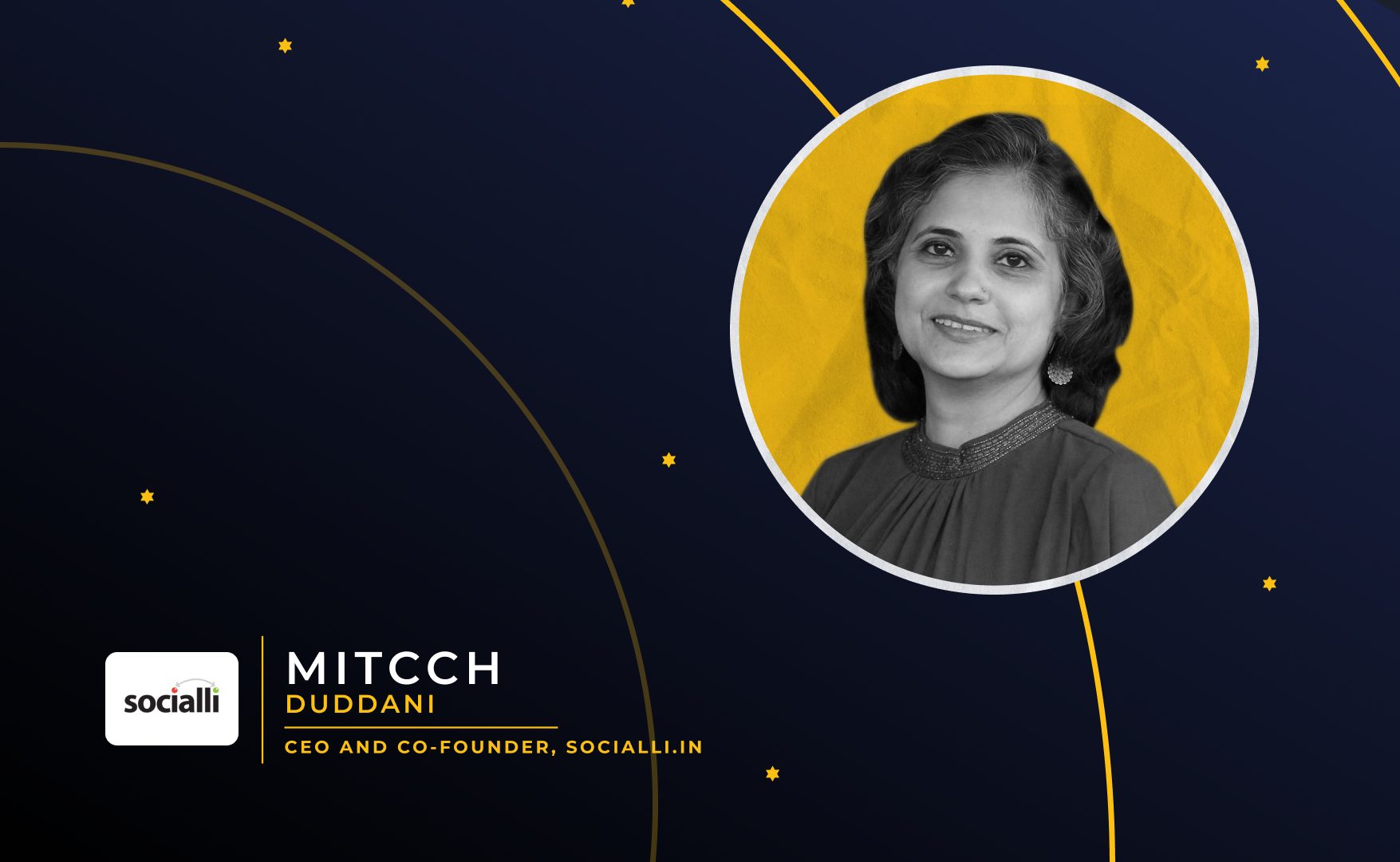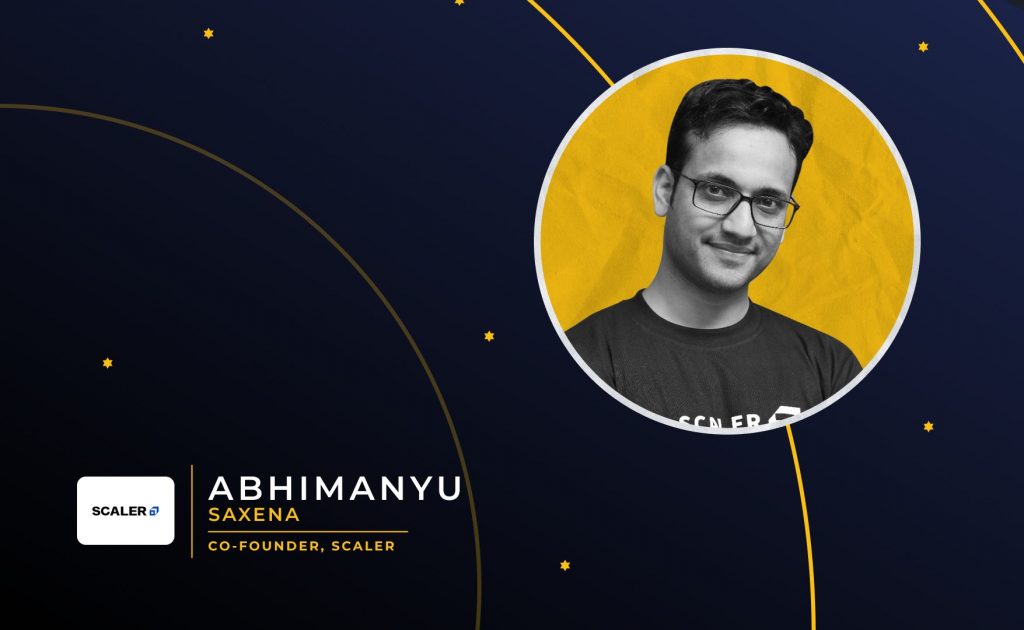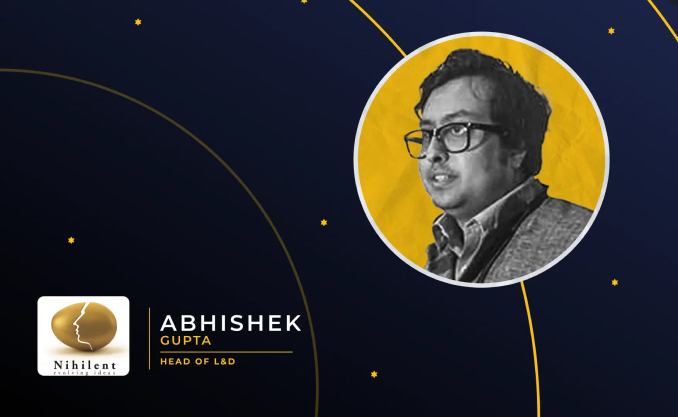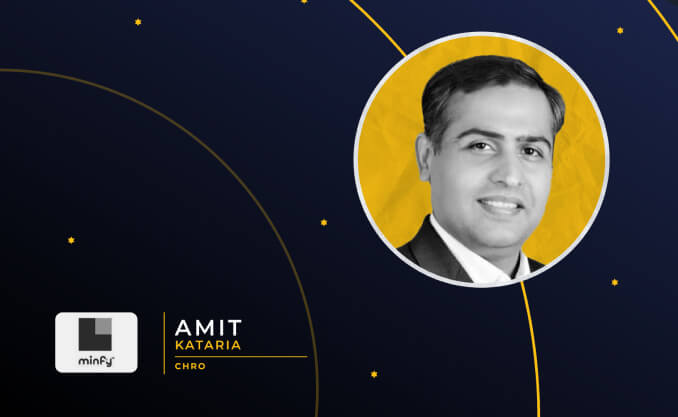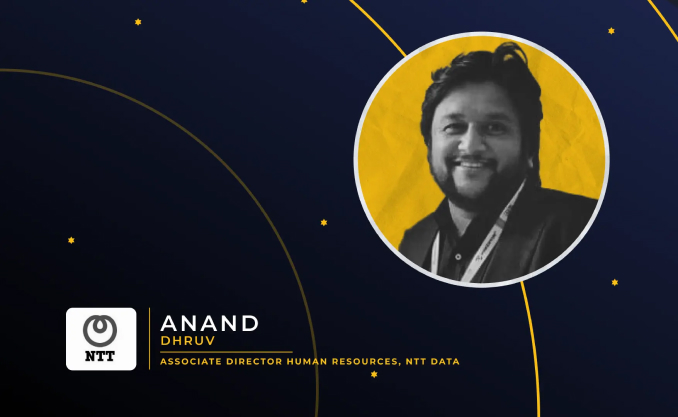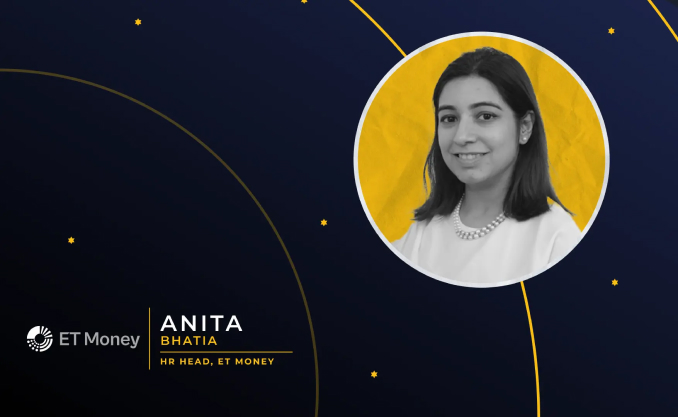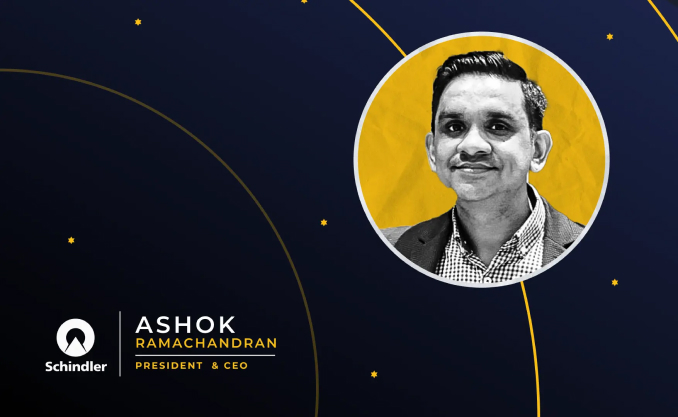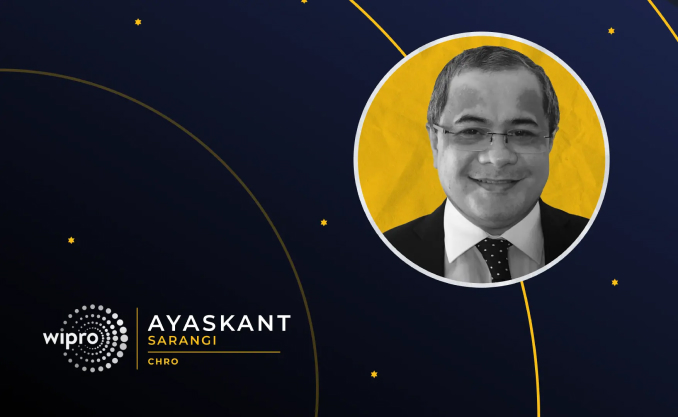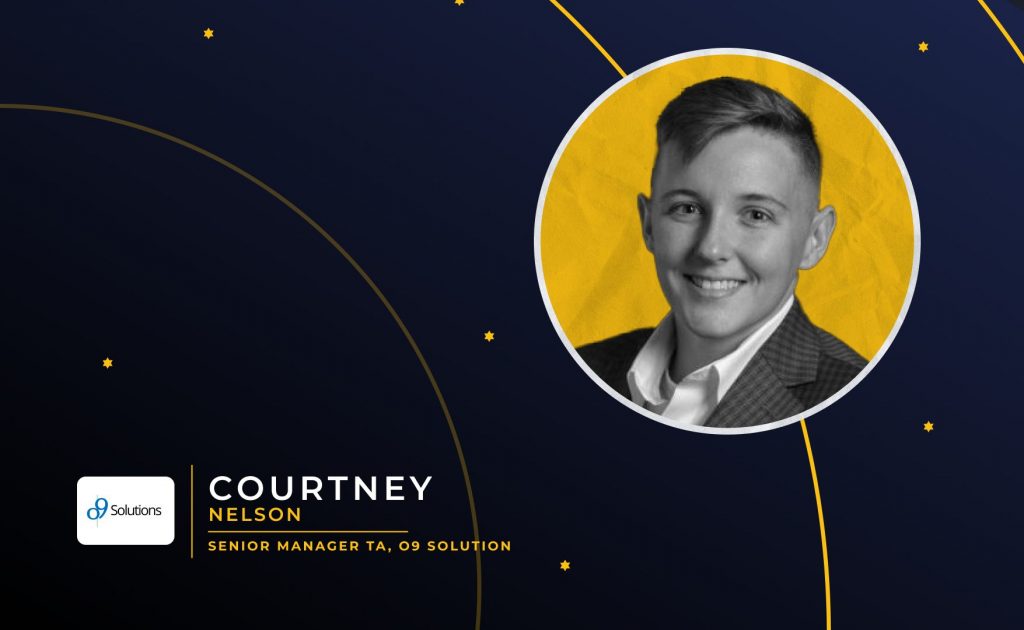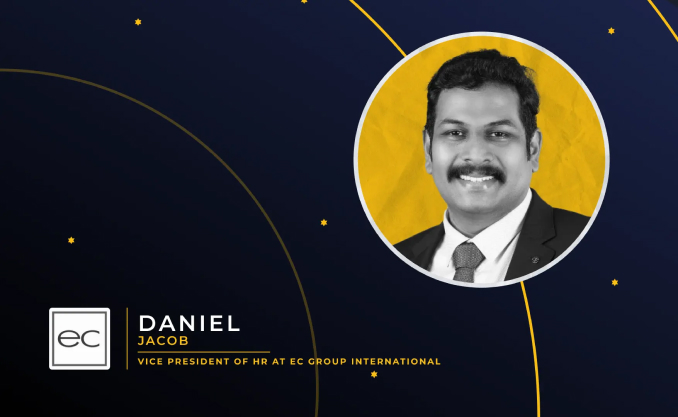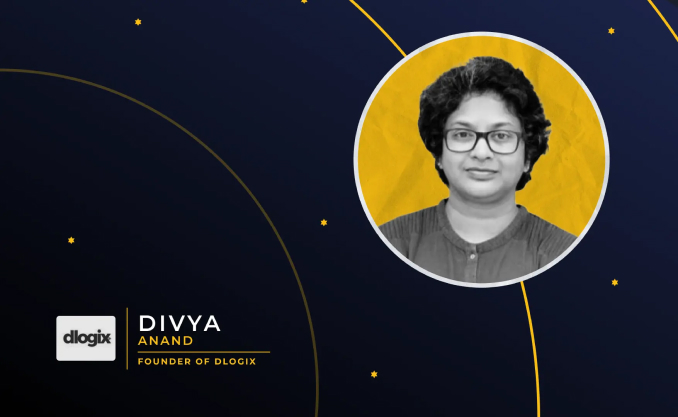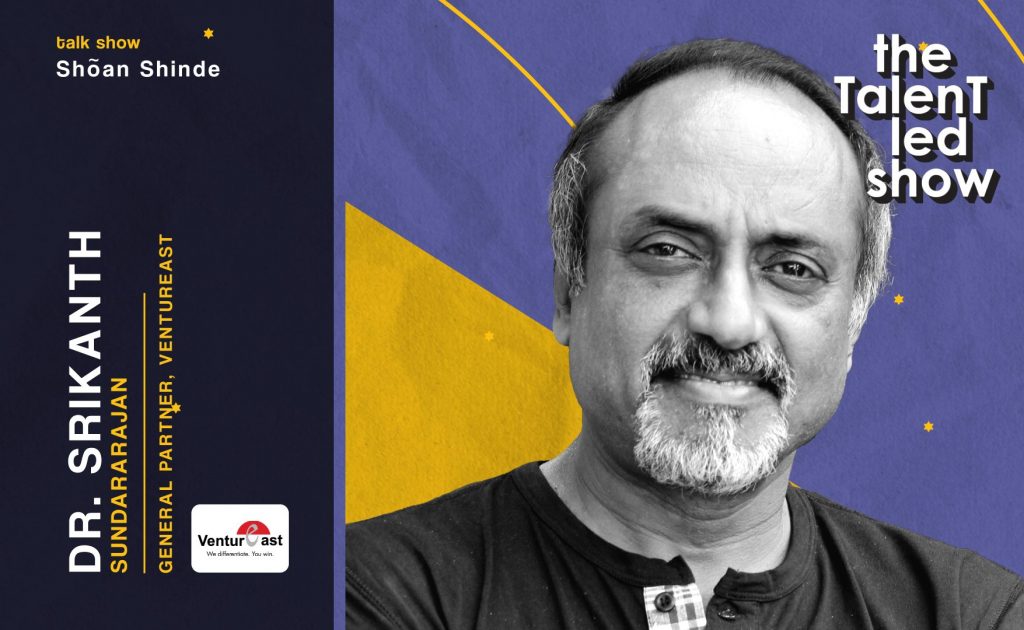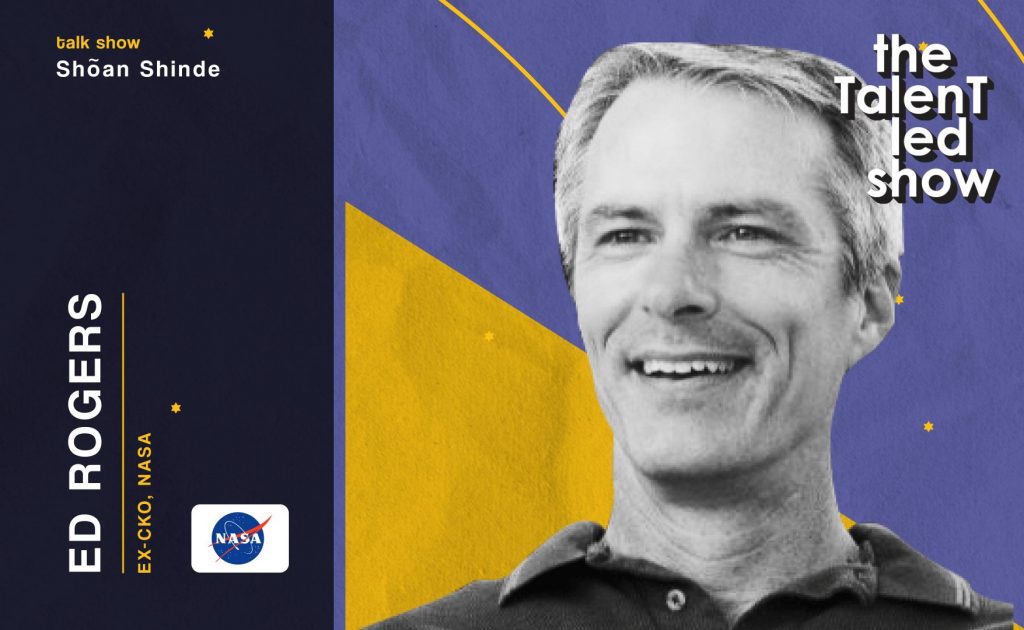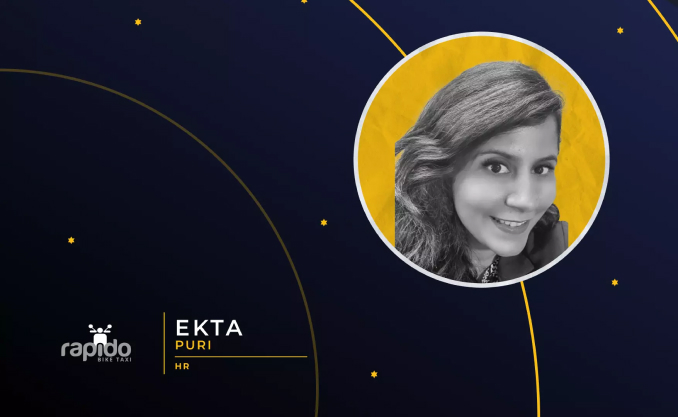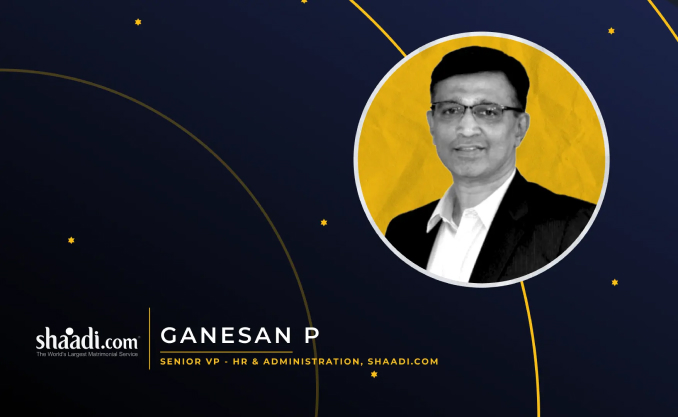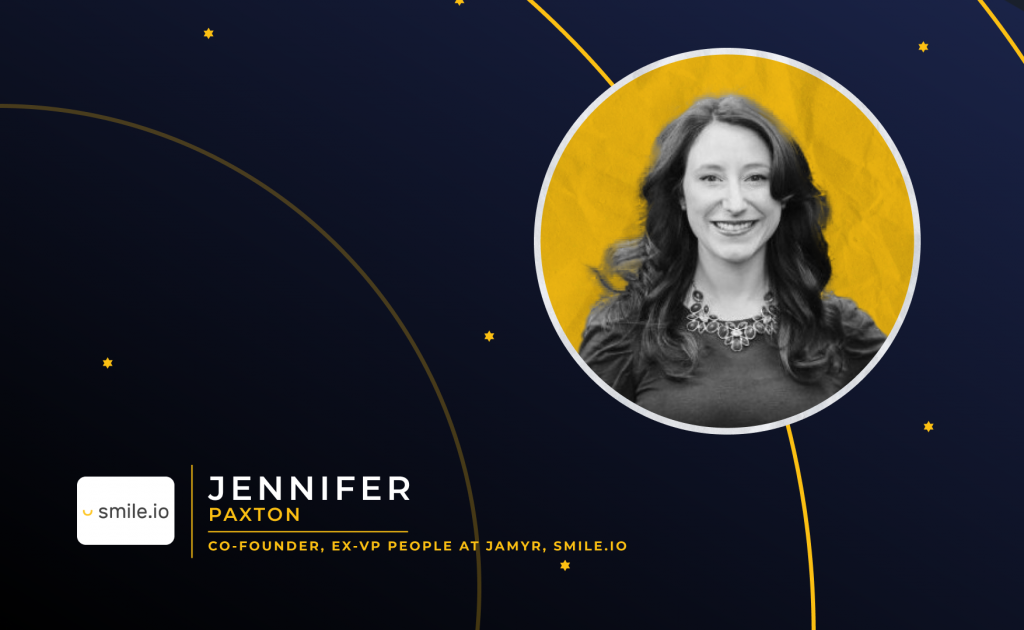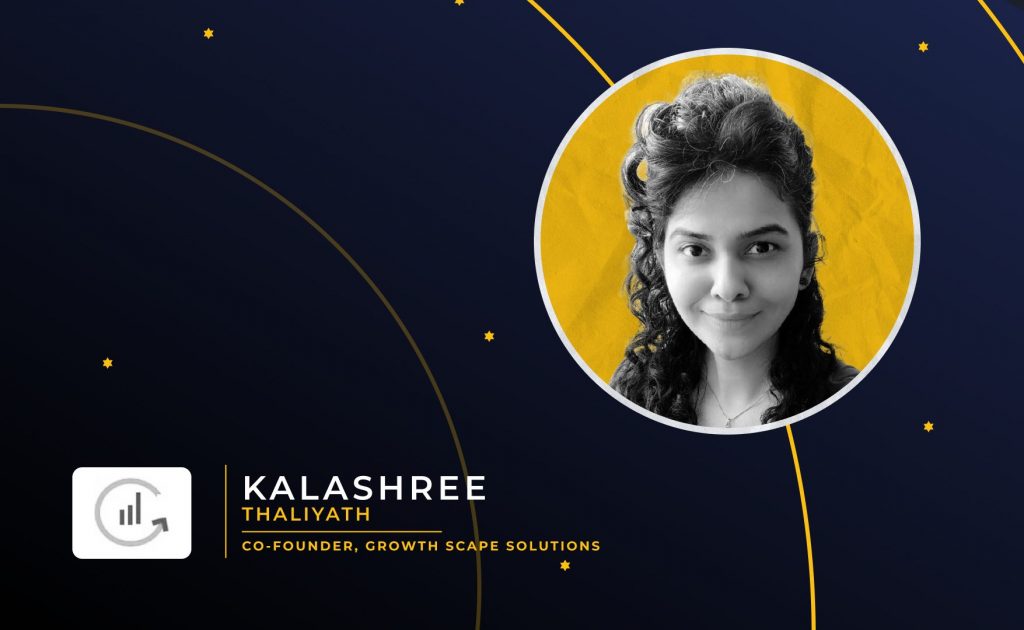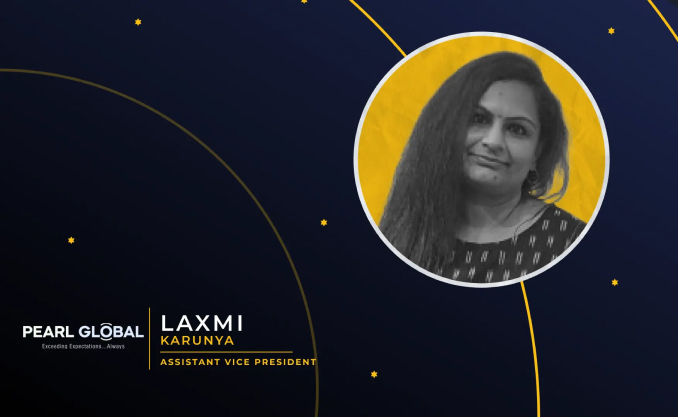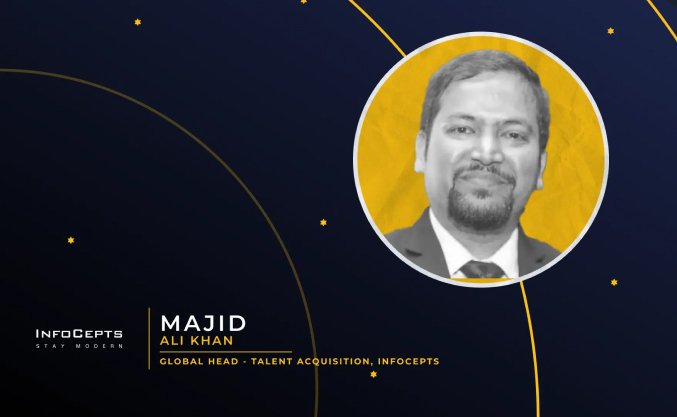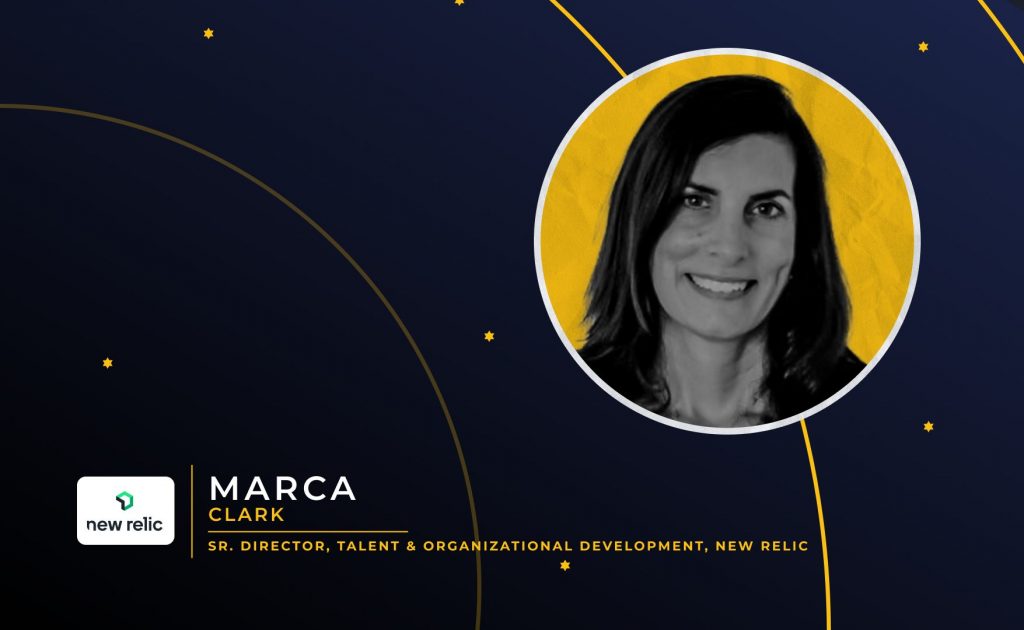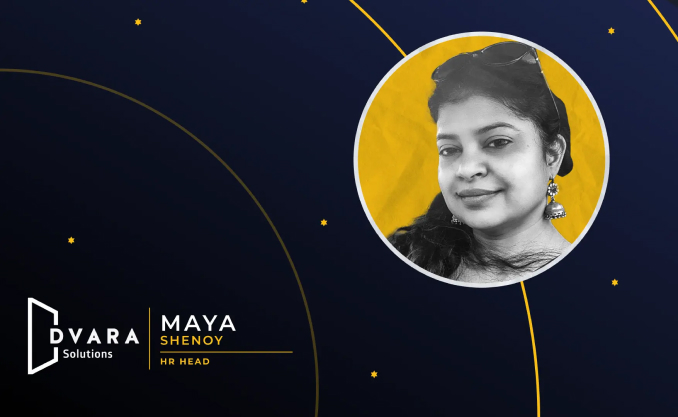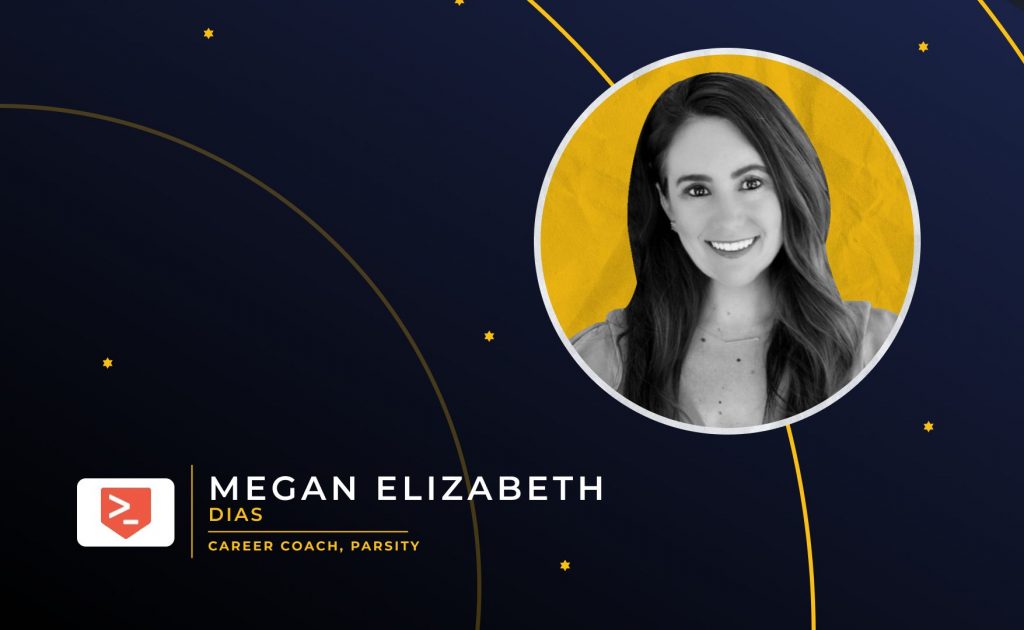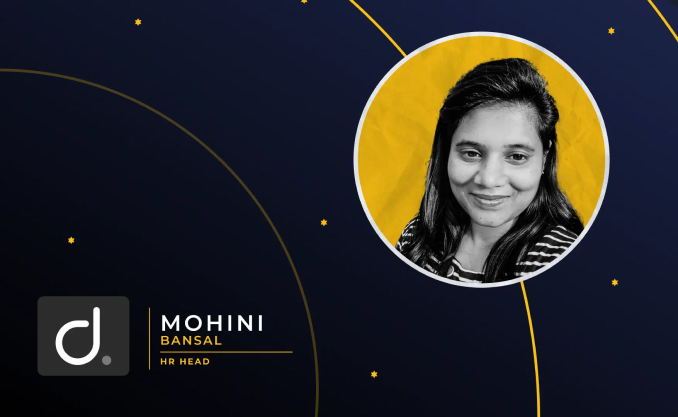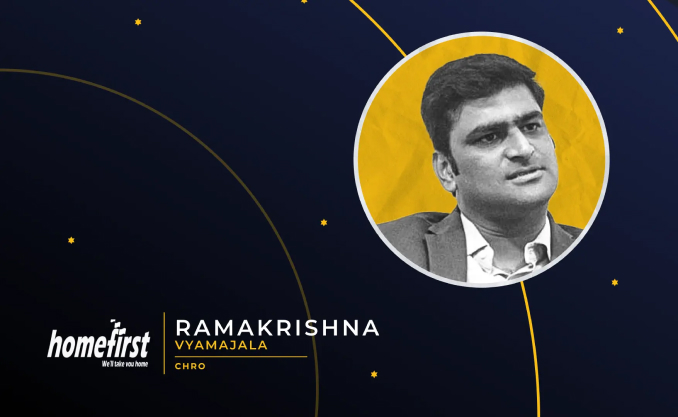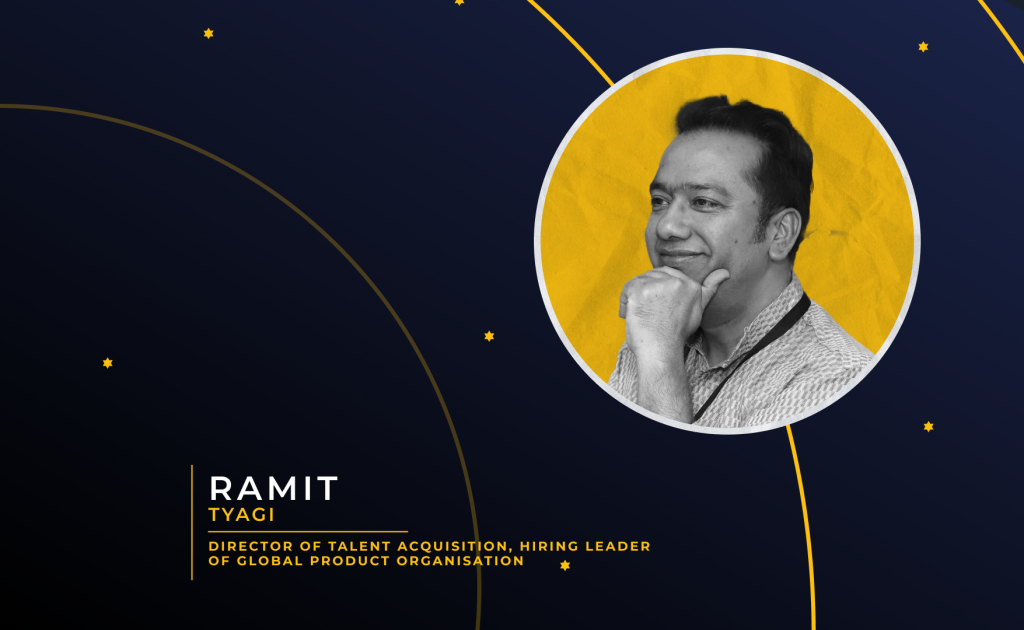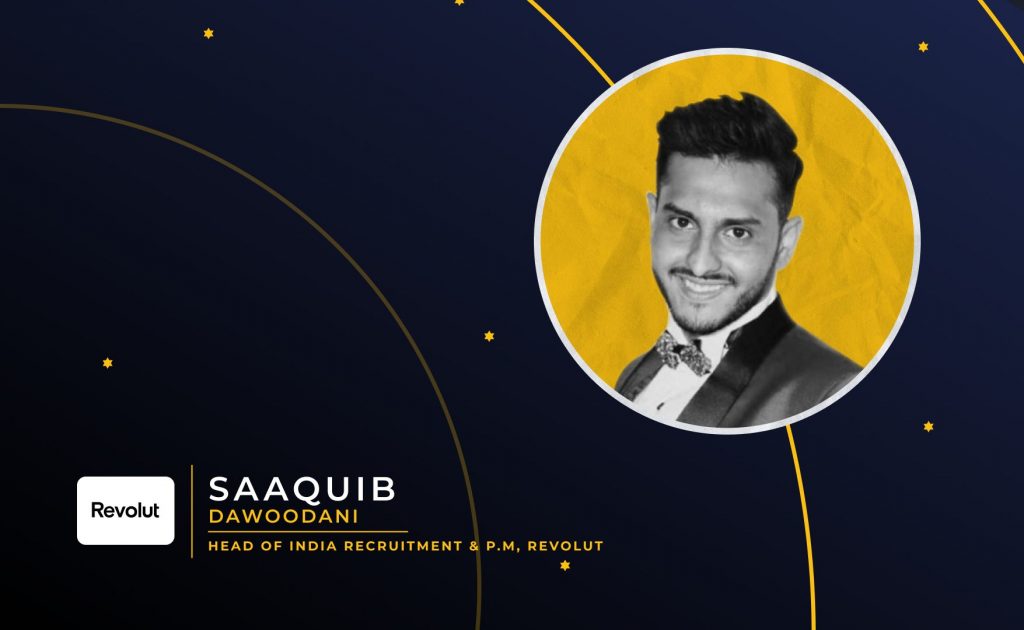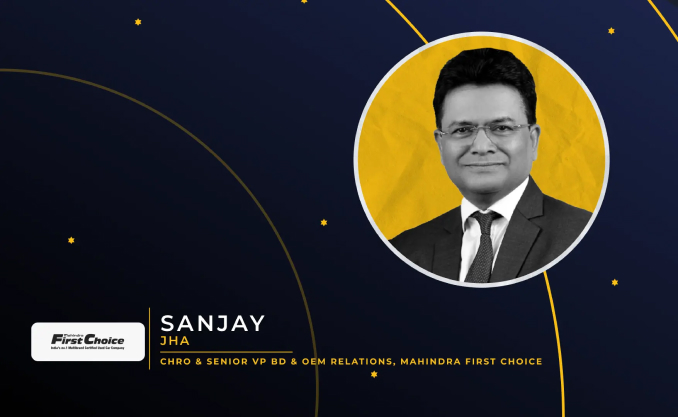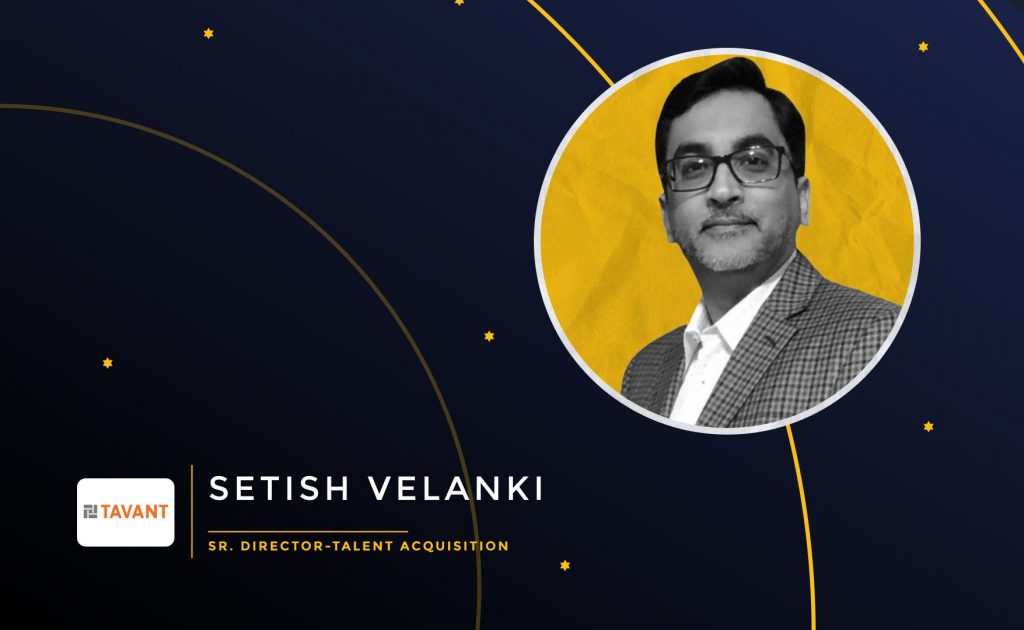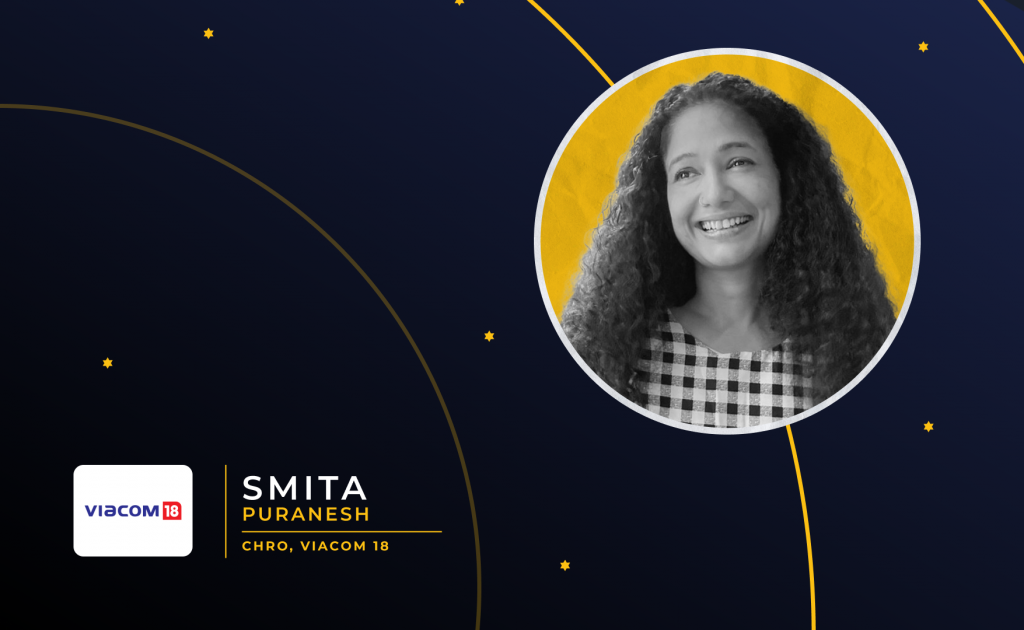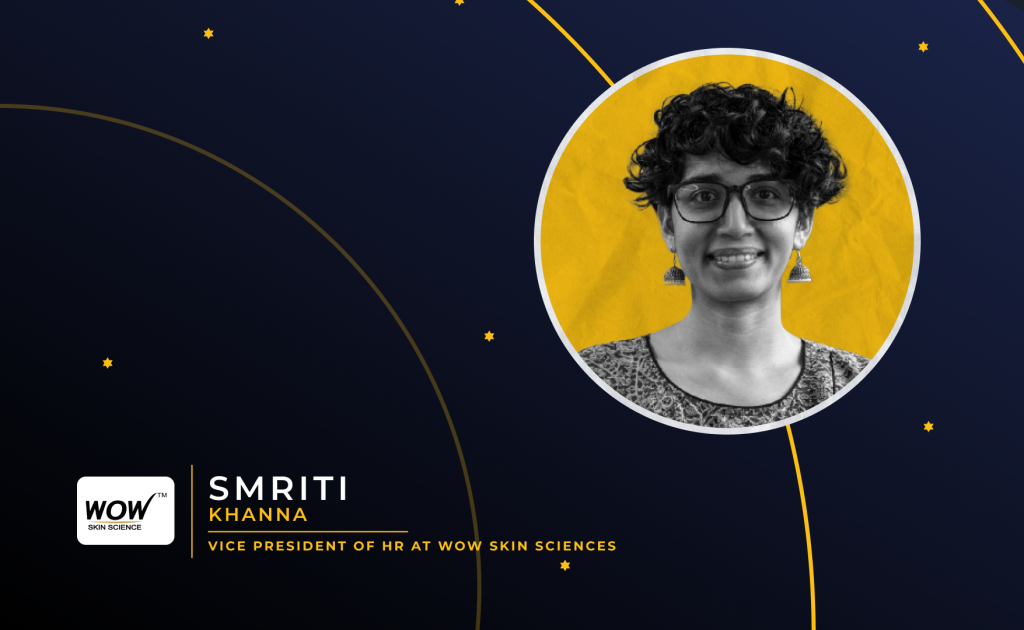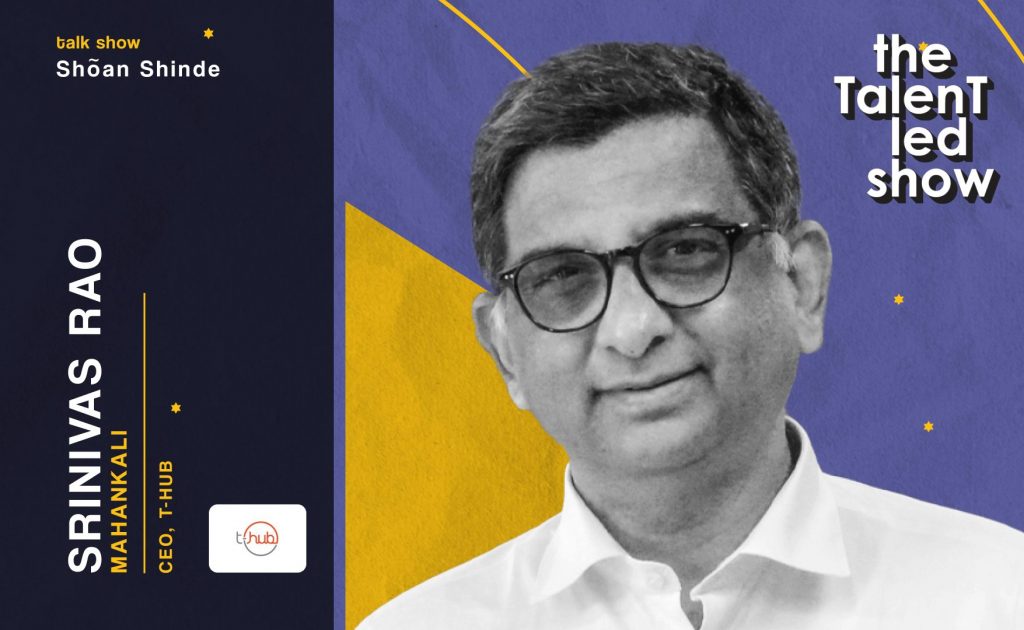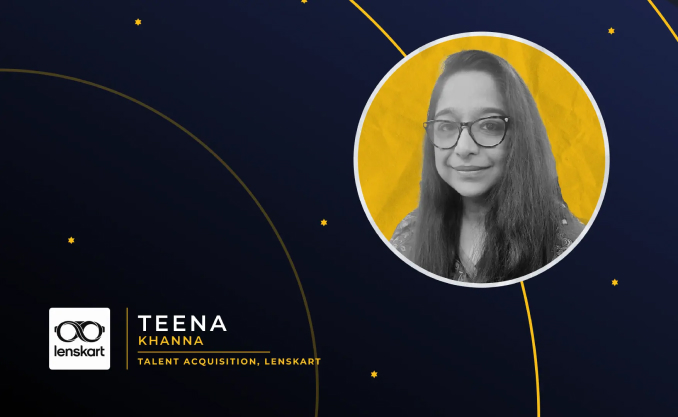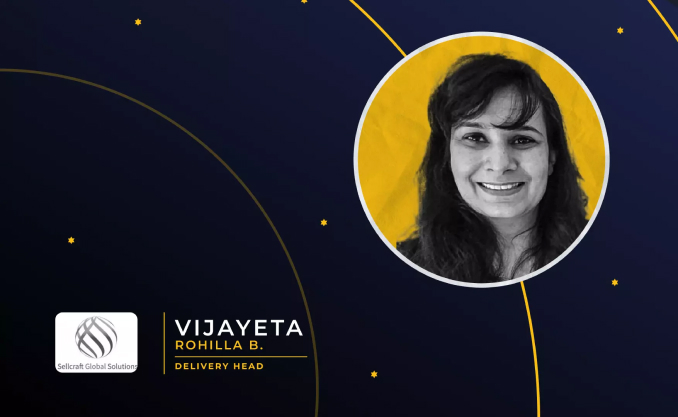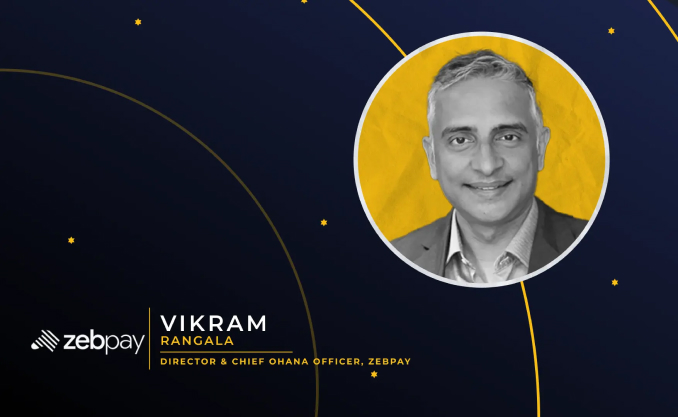In Mitcch’s own words, "I am a limited edition with unlimited potential". In the past two decades, Mitcch has been a part of organizations such as Coffee Day Group, ABC Consultants, and Merrin & Associates in Talent acquisition and training; Sales, operations & project management roles with The Grand New Delhi, Businessgyan.
When asked about gig works, Mitcch Duddani says that these are some new jargon that is used however the concept of freelancing already existed way back a few years ago.
Mitcch Duddani is a firm believer in networking and community building and their role in developing one’s personal brand.
The past 6 to 7 years have been a completely different journey altogether.
My name is Mitchell Duddani and my entire career has been quite a roller coaster ride. While my original name is Mitchell Duddani, I go by the name Mitchh Duddani and have spent the past two decades building my brand around it. You know sometimes it doesn’t exactly go according to your plans, but I am now happy with what I am doing today.
While it all started off with teaching and sales and I then kind of moved on to recruitment and that’s when I found my passion for something and the love I carried for it. This went on for 15-plus years, but then I thought I needed to do something different. That’s when I got my second calling, so I quit my job at Coffee Day and started off with my journey while getting into social media coaching and training. The past two years have been even better, especially in the space of recruitment training and social media.
While I did sales in Delhi for a property it turned out that I saw no growth in it and that’s when I thought it was time to take a break and see what I can do next.
Sales, from my perspective, were quite different at that point in time. When I was starting out my career 20 years back, I wanted to be a part of the airline industry or the hotel industry, however, I ended up in sales. And after working in Delhi for 1 to 1 and a half years I realized that there was no growth for me in it. All I did was sell rooms. So that’s probably when I started to take a look into what can be changed.
I did know a lot about recruitment as I had someone close to my family running an agency, so it was easier to know about recruitment. So that’s how I got into the recruitment field.
Sometimes I just close my eyes and wonder how all of this is currently happening.
I believe that certain things come naturally to me such as switching hats easily and also working with several clients and knowing the requirements, especially when it comes to recruitment gig work it happens that each client has their own unique set of requirements. So yeah managing all of this has happened to me naturally.
While gig working and moonlighting are some new phrases in recent times, it has always existed for ages.
Gig works and moonlighting might be some new terms used, but the idea is similar to any other freelancing work. It has existed for years now. There have been times when people take a break from their 9 to 5 jobs and take on some consulting assignment and then there are people who have taken early retirement and have been getting into consulting assignments.
All of these are also a part of the freelancing culture. A lot of people have also entered into HR consulting and training, coaching, etc. So it has already been in existence and gig work is not something that is new. Even for example, there are doctors who take up consultations in hospitals during the morning times and during the evening they work in their private clinics.
Then there are also interior designers who work on a project basis. Even if you look at graphic designers, those who have been into marketing and content writers have all been a part of this freelance working style, so it’s just the new jargon such as gig working that has evolved, the idea in itself has existed for a long time.
Acceptance started with Swiggy’s policy of moonlighting and how they were okay with their employees working as a contract worker.
So initially there were circumstances where people used to work multiple contract assignments however they were considered to be illegal and hence a lot of people tried to hide it from their organization’s heads. However now with all organizations starting to accept the moonlighting era it has become much easier for people to open up about their work contracts. Apart from this, there was also a comment from Premji from Wipro on Twitter saying that moonlighting is illegal. So yeah there are two sides to this topic.
However, the startups and the new organizations have now started to agree that it is okay to keep contract workers especially when you do not have the resources to keep a full-time employee.
At this point in time, there are a lot of organizations opening up to this moonlighting trend and also to gig work. One of the reasons might also be the lowering of costs per project and the employee cost which might otherwise have been high.
A personal brand is important even if you are working with an organization or not.
A personal brand is something that an individual starts building around themself. This might or might not be associated with an organization. The kind of work you do, the type of companies you work with, and the type of networks you have all affect this personal brand of yours.
Many of the projects that I am a part of are definitely through this network of mine and because of my successful personal branding. So yes personal branding is quite important. An organization might be investing in its branding so when you become a part of such an organization it becomes easier to enhance your branding as well. Apart from that personal branding gives reasons why people should remember you, and why you need to work in a certain field. This is exactly why an individual needs to invest in their personal branding.
I am someone who swears by network and community building being part of a lot of networks and groups.
Back in 2006-07, I joined the HRD that’s probably when I started my career and there was a community available for HR folks. Since then I’ve always been a part of the community group and network be it an online or offline event. I always try to attend these programs and conferences where you get to meet up with people who affect you while not immediately but definitely in the long term.
Also, relationships, community building, and network building all take more than years. So yes it has taken around 10 to 15 years for me to build all my current relations. But yes, at this point in time, if you ask people they will say Mitcch is the right person for XYZ problems. Also with a community being present, I know whom to reach out to and which organization they work in.
A few decades back, there were just talks about gender diversity, however now people have started talking about the different talent pools.
While there were only talks a few decades back, it is now that we can see the actual change arising. Initially, the talks were all about men to women ratio which is basically gender diversity. However, now people have started talking about wider talent pools while also including, PWD, LGBTQ, and other smaller communities. But as an organization, you really need to create a plan around it and check whether the internal stakeholders, the policies, and the facilities are all in place to accommodate people from smaller communities.
The one thing when talking about HR tech is what an organization is looking at and how much of a budget you are trying to spend on it.
In the last 4 to 5 years people used to just talk about it, but now people are much more open to the idea of using technology in their organizations. However one needs to be clear about the requirements and the budget that they are allocating to these products. Especially since there are a lot of products it needs to be well calculated. It’s not like an Amazon product where you can return it if you don’t like it. It’s a huge investment and there’s a lot of energy investment also happening, which is why organizations need to be 100% sure of what they are looking at.
I work with multiple organizations and hence that staying organized and on top of the list created is very essential for me.
Based on the requirements each task consists of I plan my day. There’s talent acquisition at WildCraft, then there’s digital marketing and communication at Interweave Consulting Pvt Ltd, so all of these tasks require dedicated time. Then based on the urgency of the task, I create a plan around it. I kind of have that in my mind of super urgent, important, not urgent, not important, and things like that, and kind of prioritized that whenever I have critical deadlines. I kind of divide that and then if I’m working on my own, then it’s assignment to assignment for a client to client, so the first thing I would work on X client, then move to the second client, and then move to the third client on a daily business.
My notepad and pen work as my checklist for day-to-day tasks.
I have two mainly used productivity tools. One would be my notepad and pen to jot down things that serve as my checklist for that day. The other tool would be Google Calendar where I add in all of my appointments and schedule to never miss out on anything.
While I do work on organizational brand building, I also look upon my personal brand because people need to know who is working behind the scenes.
Once I left Coffee Day and started my job as a recruiter, I started helping organizations build their brands. But at that point in time, I also started focusing on my personal brand. Because people eventually need to know who is working with these organizations. There were also two types of people who I helped build brands, one would be the CXO level and the CEOs, entrepreneurs, and startup owners, and the other type of people would be individuals who would like to grow their brand.
There were also colleges reaching out to me to conduct sessions on how to build a personal brand because college students are just starting out in the corporate world and that is when they start using LinkedIn and blog pages to build their brands. So I’ve done a lot of coaching sessions for MBA students and other graduates for building their personal brands. And while I teach them, I get to come across various profiles and get to research more about these varied brand images. So it works both ways.
When I want to unwind, one thing that is close to my heart is music.
Music is close to my heart so whenever I feel like I need to take a break, I resort to music. Food is also something that excites me so I find myself going out to some good restaurant or a newly opened place and trying out some good food. Apart from this I also love traveling. Since COVID it has reduced, but yeah that’s surely something I’d like to take up once I get free time.
One thing you need to check in your personal profile is that you need to answer the typical interview question how do you see yourself in the next three years or five years?
If you already have an online profile then it is time to build your profile. Now you might be thinking how can I build my profile? In order to build your profile you need to keep a check on the following questions and find answers to them:
- What is it that you want to be known as?
- Why should people think about you?
- Why should people reach to reach out to you?
- What are you giving back to them?
- Are you a subject matter expert?
- Are you an influencer?
- What is it that you’re doing?
So once you find the answers to these questions you will be able to build your profile.
While people working in HR, and talent acquisition might be happy currently but you need to step out of your comfort zone and start with building the community.

